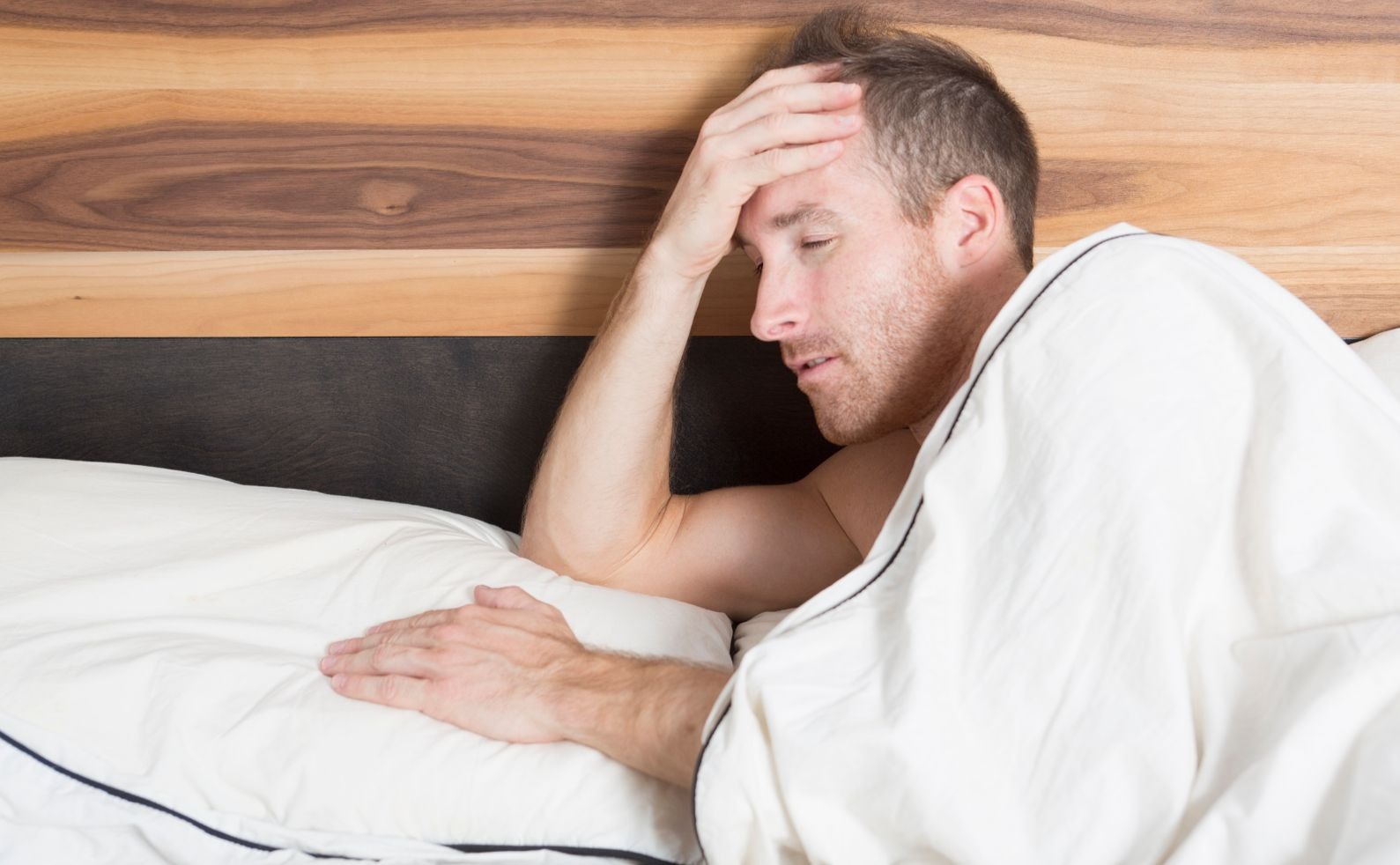Problems with orgasms, while not as common as other sexual disorders, are some of the most frustrating sexual health issues around. To be clear, we are talking about orgasms, no ejaculations. An orgasm is the euphoric feeling that occurs primarily in the brain and is a sudden release of a cocktail of hormones and chemicals. Because orgasms are a combination of the neurological phenomenon, brain chemistry, emotional state, and arousal, the problems are very complicated to diagnose and treat.
The most two common problems that we see are ejaculatory anhedonia and sexual anhedonia. Anhedonia is based on the Greek root for pleasure; this is the source of the word, “hedonism”. Anhedonia means lack of pleasure. Sexual anhedonia is where sexual stimulation and arousal simply do not feel pleasurable. Ejaculatory anhedonia is where there is no euphoric orgasm accompanying ejaculation.
These disorders are very frustrating for the patient and often lead to significant mental and emotional distress. The typical scenario is that a man is functioning perfectly normally and through some set of circumstances or events, he loses his sense of sexual pleasure. It can be sudden onset or a gradual decline.
Diagnosis is complicated because we must rely solely on the individual’s reports and responses. There is no test to determine orgasm function or pleasure received from stimulation. Many men have been to various doctors seeking help. Virtually every patient has been told there is nothing wrong with him and it’s all in his head. However, this is a very real problem and it can devastate a man’s sex life.
Part of our diagnostic process is to do a complete medical and physical checkup. There are several hormone issues that can contribute to this problem. Low testosterone can be involved. Too much prolactin can be a culprit. Medications can cause problems. SSRIs (antidepressants) are notorious for causing sexual anhedonia. Even blood pressure medication can contribute to this. Neuropathy can be involved and some diabetic patients report sensory problems.
The mental health professional will look at various factors as well. Depression or anxiety can trigger anhedonia. Relationship problems can complicate things. Trauma of any kind can be a culprit. And like most things sexual, once the train-wreck-in-the-brain gets involved, things spiral downhill very quickly. Diagnosing this issue requires ruling out probable causes, and that takes time and perseverance.
Treatment largely depends on the cause – if it can be determined. There are medications that can enhance dopamine levels in the brain which is a primary component of an orgasm. Creating optimal testosterone levels is often part of the treatment. Treating depression and anxiety medically requires using drugs that tend to have fewer sexual side effects. Sex therapy is often a good idea. Psychotherapy is usually recommended because this is a complicated problem to deal with and can be very frustrating.
Alternative therapies can include acupuncture as well as hypnotherapy. Some men have found relief by changing their diets and discovering their body was reacting badly to something they were eating. Some men try chiropractic treatments. Alcohol tends to exacerbate anhedonia. I have had patients use reiki healing for this. Basically, there is no treatment that is off the table when it comes to treating this elusive condition. We will support the patient in his search, and we will leave no stone unturned.
Because this is a less common condition, the sense of isolation and loneliness is very common among these men. Many times, the men tell me they feel “broken” and like “damaged goods.” This is where sex education and therapy can help patients cope with this condition while we are exploring treatments. While uncommon, this condition is more prevalent than people realize.
If you suffer from anhedonia of any kind, begin your journey of healing with a qualified sexologist in Delhi, contact us for consultation.

